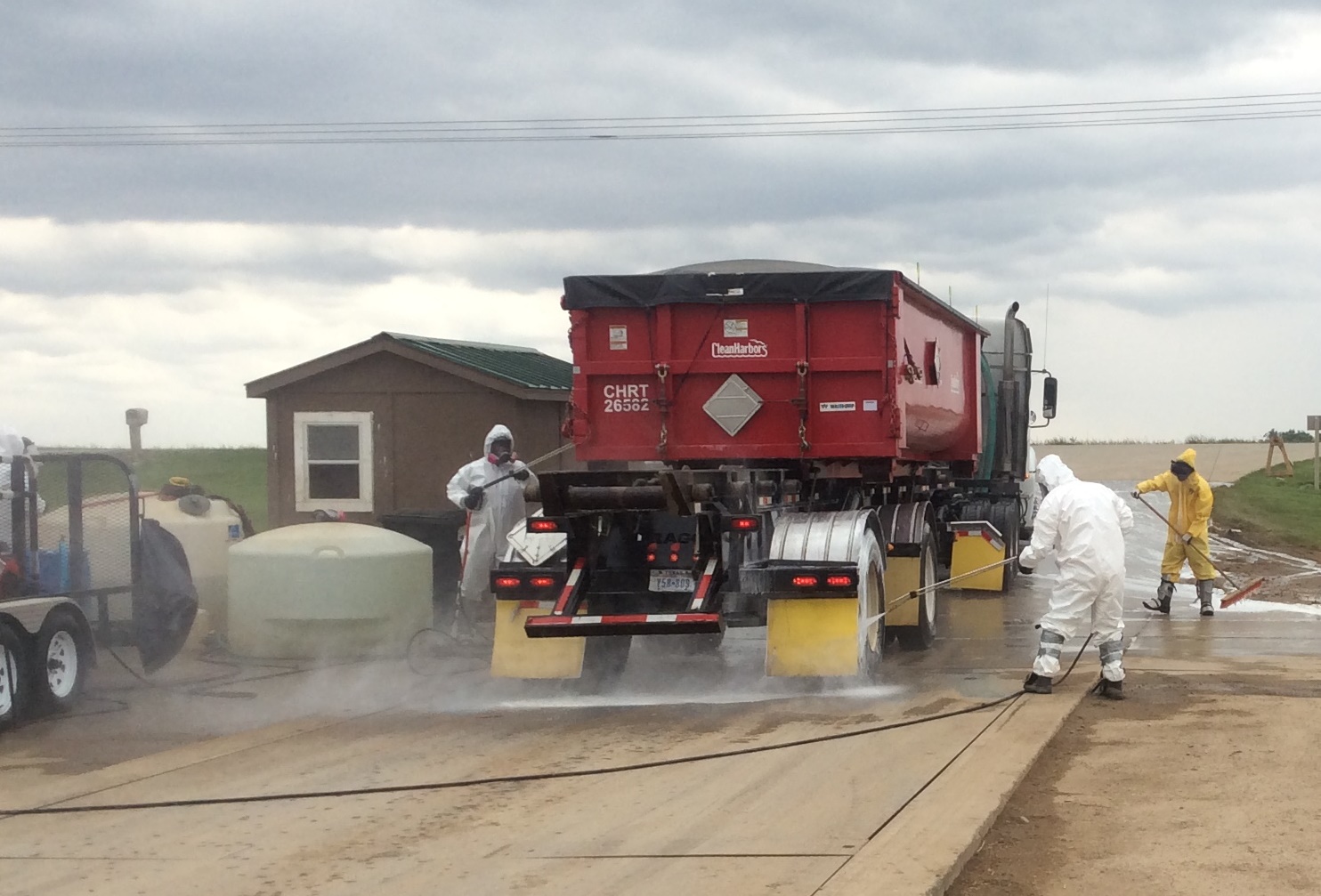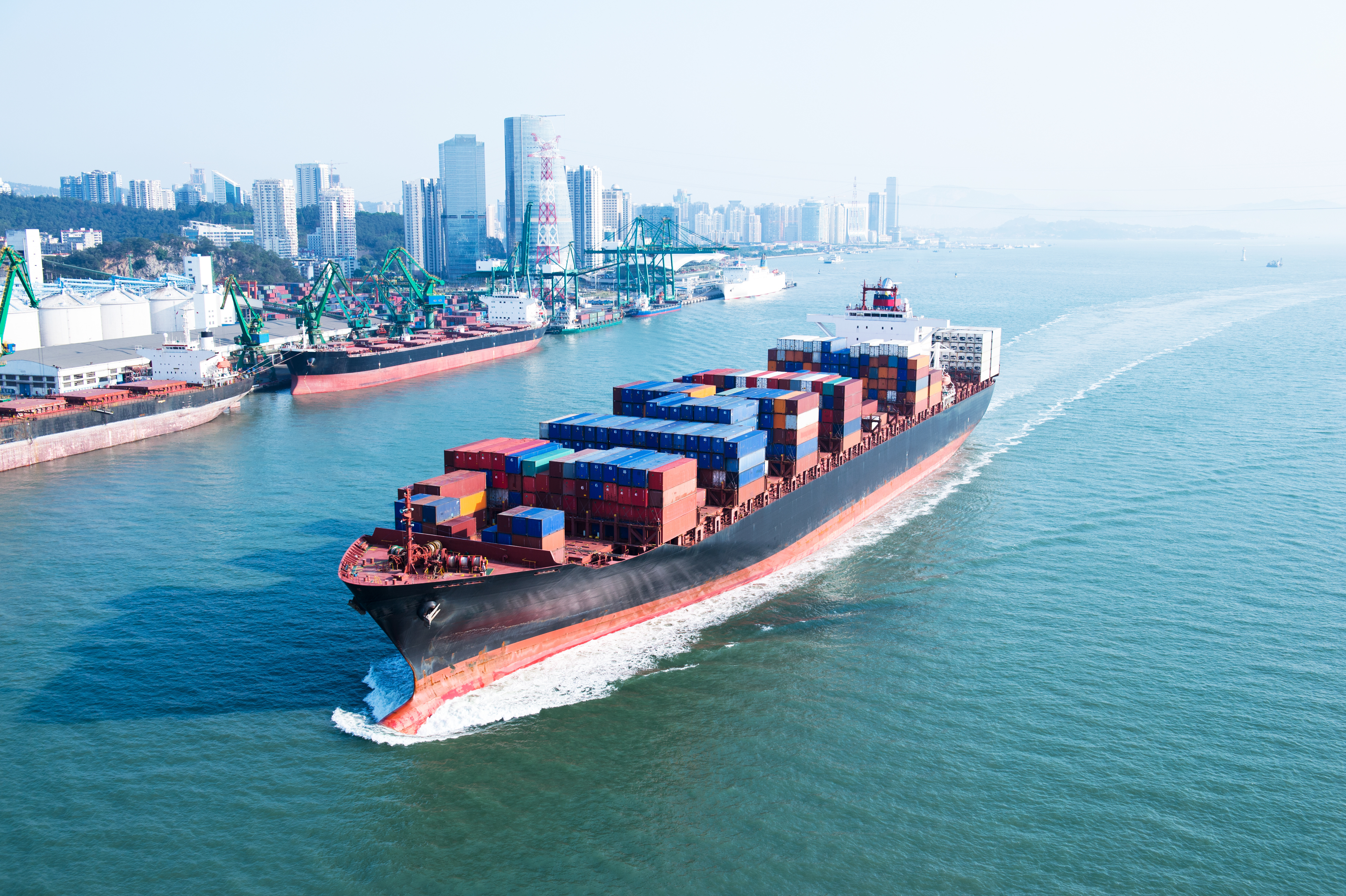



The UK's new Border Operating Model must deliver a level playing field, says NFU
As the government announces its new Border Operating Model for Great Britain, the NFU urges both the UK and EU to work together to agree long-term arrangements as a matter of priority so trade can flow as smoothly as possible while new border infrastructure and systems are put in place.The UK government recently announced changes to its Border Operating Model, extending the previous 1 April 2021. Here are the new guidelines:
- Pre-notification and export health certification for animal products will not be required until 1 October 2021, and for low-risk plant and plant products until 1 January 2022.
- Physical checks at the border will not take place on a range of agri-food products and high-risk plants until 1 January 2022. These will be carried out at Border Control Posts.
- Physical checks on live animals and low-risk plants and plant material will not take place until March 2022. These will be carried out at Border Control Posts.
- The EU has applied full Sanitary and Photosanitary controls on UK exports entering its market for all agri-food products.

NFU President Minette Batters said: “Since 1 January the UK’s agri-food sector has been struggling with the additional costs and burdens that moving goods to the EU now entails. It is therefore frustrating that our government is not taking a similar approach to the treatment of imports coming into Great Britain from the EU.
“Our exporters face additional costs and run the risk of financial losses if products are turned back or held up at the border, yet today’s announcement means that EU producers will maintain access to the UK market relatively burden-free for a considerable amount of time. It is crucial that we achieve a level playing field with pragmatic checks on imports and exports as quickly as possible.
“However, we also recognise that for certain food products this extension is a necessary step to ensure supermarket shelves remain well stocked.
“Live animal imports for breeding will not require checks at Border Control Posts until March next year, which is a pragmatic solution whilst there are still no UK facilities able to host them at the border. We will continue our discussions with ports in both the UK and EU that would be able to suitably support this trade to try to ensure it can continue.

“There remains a lot of outstanding issues that we want the UK and the EU to resolve as part of ongoing relationship discussions. More needs to be done to address the burdens on exporters to the EU, including the digitalisation of outdated paperwork requirements for health and organic certificates, and streamlining physical and administrative checks at the border.
“We also need the continued ban on exports of UK seed potatoes to be urgently addressed. In the meantime, while the ban remains in place, our government must set out how it will support the British growers affected.”
TheCattleSite News Desk


